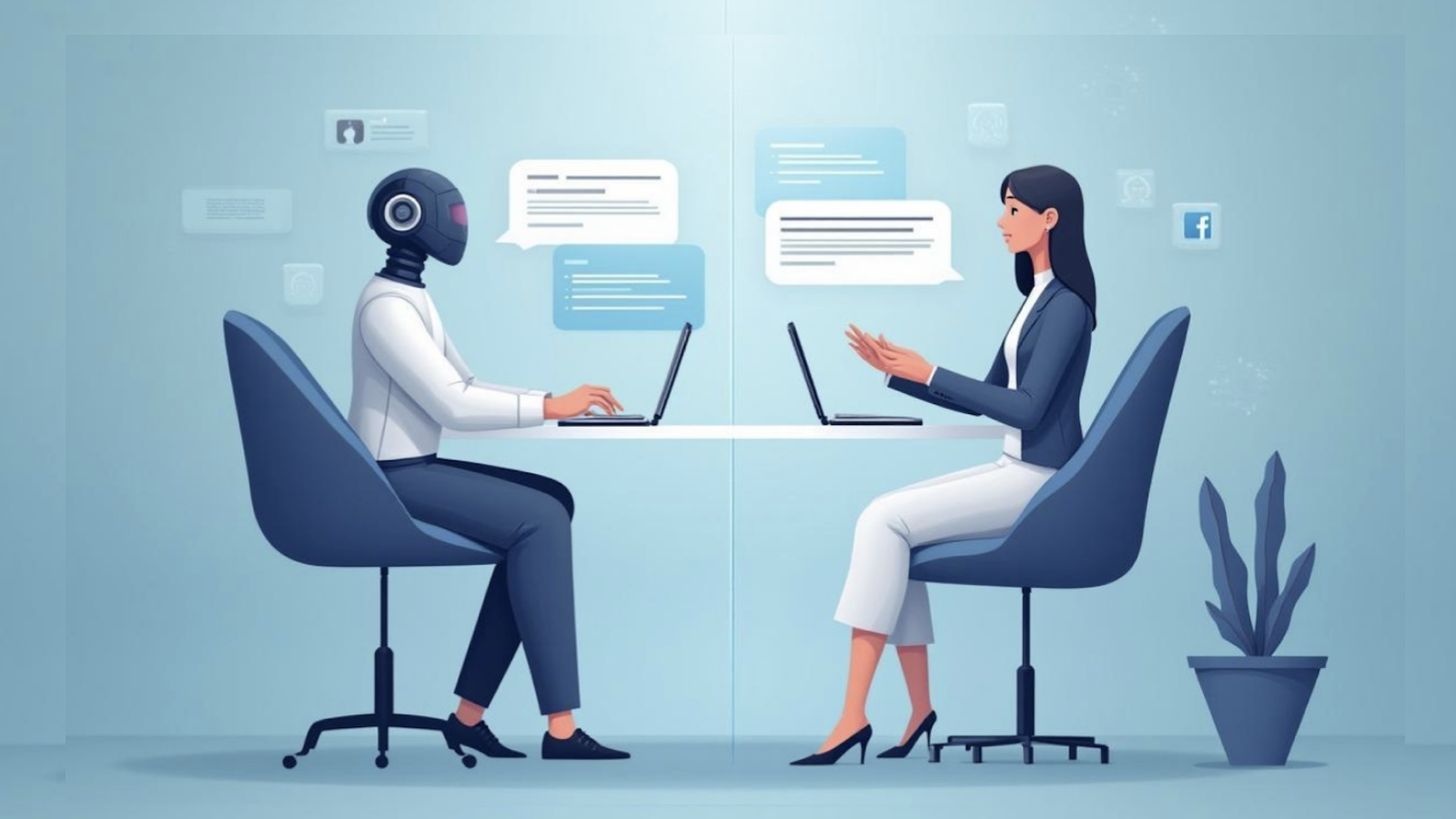Last week's announcement by Next Insurance that it would sell insurance via Facebook Messenger brings chatbots to the fore of the discussion on insurtech—where they belong.
At a time when so many companies are trying to come to grips with all the innovation in the industry, chatbots can provide a relatively easy win. They cut costs for insurance companies while providing better service to customers, who can use their phones (by now an extension of the hand for many people) to text an inquiry rather than have to navigate a phone tree and eventually sit on hold for several minutes while listening to bad music or ads, only to eventually arrive at a customer service rep who doesn't really understand the issue.
At ITL, we became believers in this use of artificial intelligence more than a year ago and, once we saw the great work being done at Pypestream, decided that the technology was mature enough that we would help spread the word about the company and its chatbots, starting last summer. Pypestream initially focused on using chatbots to streamline communication between existing customers and companies, but, as the Next-Facebook announcement shows, the technology has developed enough to be used in almost any sort of interaction. If artificial intelligence can power "robo-advisers" for investment companies, it can handle an introductory sales presentation or answer routine customer inquiries.
That said...it's always important to consider technology developments in the right context. While the Silicon Valley types tend to think in binary ways, and will suggest that chatbots will eliminate agents, call centers and so on, disintermediation rarely follows such a stark script. There are more bank tellers today than there were decades ago when ATMs were going to put them out of business. Realtors are thriving. Even travel agents are still around, albeit about 60% fewer of them than in their heyday. A landmark study by McKinsey found that it's actually right to think about pieces of jobs being automated rather than to assume whole classes of jobs will disappear—only the elevator operator has truly gone away because of automation.
So, it's important to think about integrating chatbots, rather than assume they'll take over the world. Customers will still, in many parts of a process, want to talk with a real, live human being, and insurers need to make sure the right one is available instantly to jump in. The good news is that chatbots will save so much money that insurers can afford to invest in the right processes and expertise.
I live for the day when ITL is so big that we need to invest in chatbots. In the meantime, if you email us with any questions, comments or concerns, you can be sure it's one of us fallible humans responding.
Cheers,
Paul Carroll,
Editor-in-Chief








